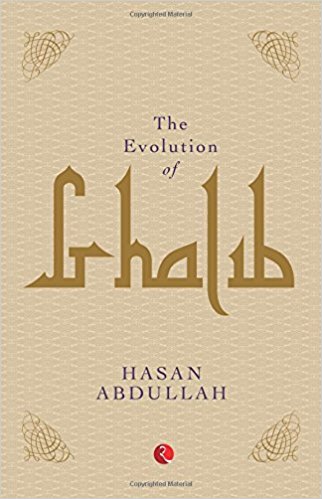Ghalib, it has been said, was not merely a poet, but a marker of an era. He has also been vested with the responsibility of being one of the first modern Indian poets. While he is the representative of a culture and a tradition, he is also a poet conscious of change, and the arrival of a new order of existence. For Shamsur Rahman Faruqi, Urdu’s foremost critic, Ghalib ‘trod the very difficult path of a classical poet whose experience of the new order puzzled and dismayed him, but who understood better than most that if there could be new things in culture and politics, there could also be new things in poetry. Most important, he introduced the culture of the question in the ethos of Urdu ghazal.’ Ghalib’s position in poetics is because he leapt beyond the concepts and scope of set ideas; he could twist and turn thoughts, and create new meanings. His animated imagery brought in new themes, ambiguities, paradoxes, conceits and hyperbole. Therefore, to call him forever evolving—in his own life and in the minds of those who delve deep in his writing—will not be a misprision.
What is evolution in ‘The Evolution of Ghalib’? Is it the evolution of Ghalib as a poet, as a writer, as a critic, as a person, as a believer, or the evolution of Ghalib as a summation of all the above? Hasan Abdullah’s The Evolution of Ghalib, seeks to present the intellectual evolution of Ghalib through an interpretation of his couplets. It has been written from the position that despite the availability of chronological compilation of Ghalib’s poetry, no one has taken advantage of interpreting the evolution of Ghalib, keeping in view the aspect of time. Abdullah uses Kalidas Gupta Reza’s compilations of Ghalib’s verses towards his aim to ‘help in better appreciation of his poetry’.
There are many writers and critics who have spent their life chewing and digesting Ghalib’s writings and writing on them. Since Hali’s Yaadgar-i-Ghalib, literature on Ghalib has been available on every aspect, even with commentaries on every couplet of his divan. Yet, any attempt to bring Ghalib to a wider audience is a task worthy of appreciation; especially, if it breaks the barrier of language and adds to a better understanding of Ghalib. In the pantheon of the commentarial tradition that has sprung to assist the reader the first that comes to mind is Frances W Pritchett’s easily accessible and tremendous work ‘A Desertful of Roses’. Pritchett presents explanations and commentaries on Ghalib’s verses by several critics on her website, hosted by Columbia University, as well as her own. If it were made into a book, it would perhaps run into three to four volumes. All of this material is available on the internet for any reader interested in Ghalib.

